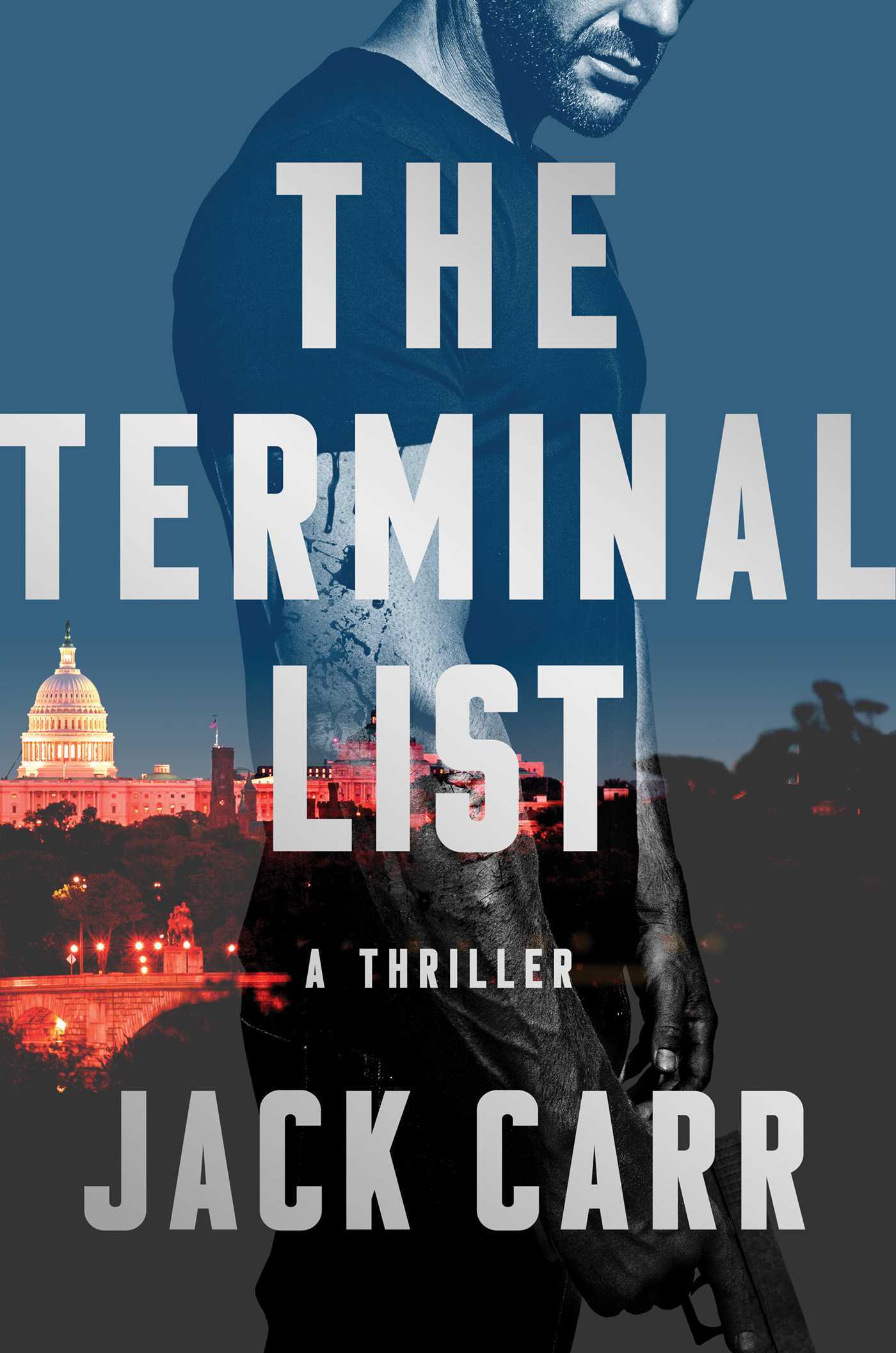hjmick
Diamond Member
- Mar 28, 2007
- 31,185
- 17,036
- 1,915
- Thread starter
- #1,101
I started Hermes: Guide of Souls by Karl Kerenyi. It was first published in 1944 from a lecture that he gave in 1943. He is really interesting all by himself. He did some work with Joseph Campbell. He was born in Hungary and had fled the Nazi academic machine to Switzerland and provided the lecture hoping they would keep him in.
Károly Kerényi - Wikipedia
en.wikipedia.org
This won't take too long to finish probably tonight. I'm going to start The First Clash: The miraculous Greek victory at Marathon and its impact on Western Civilization by James Lacey.

Tombstone
The true story of the Earp brothers, Doc Holliday, and the famous Battle at the OK Corral, by the New York Times bestselling author of Do...
www.goodreads.com
Excellent read.


